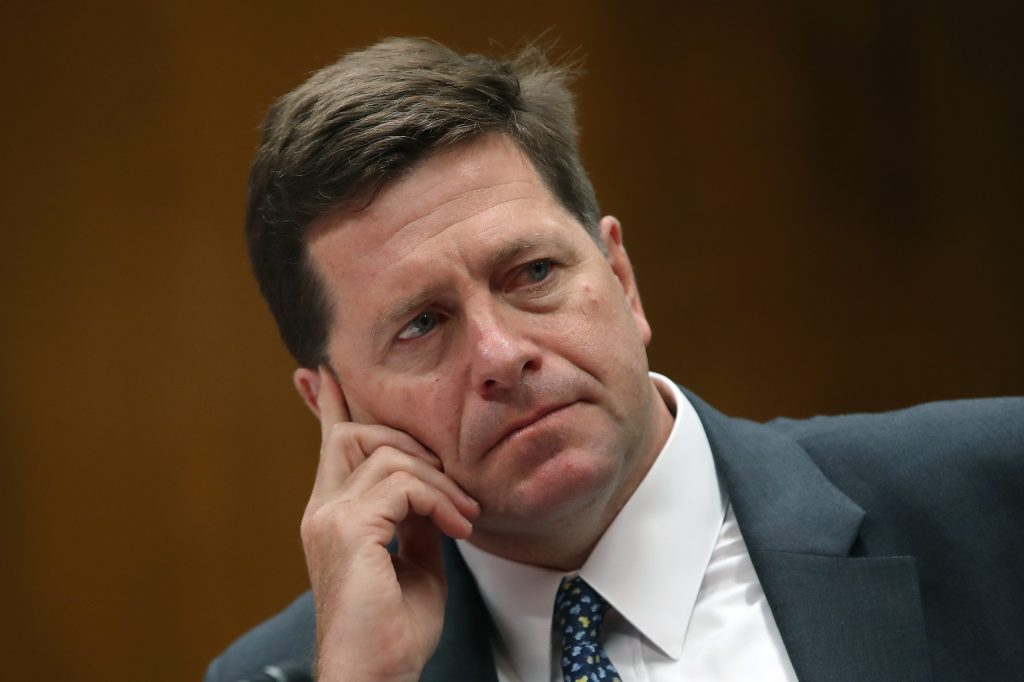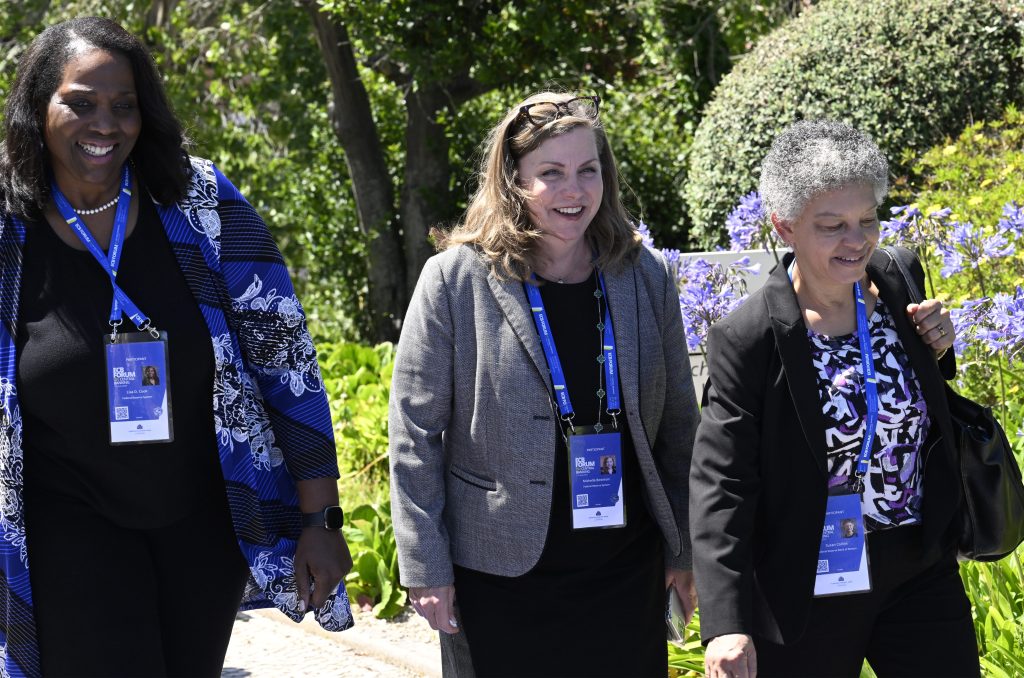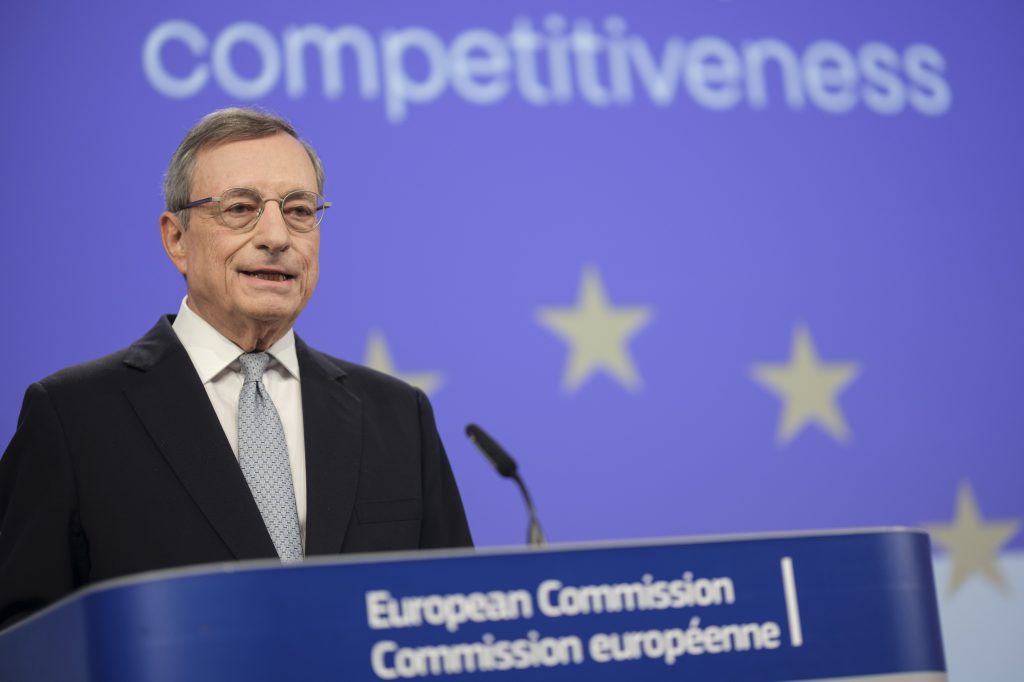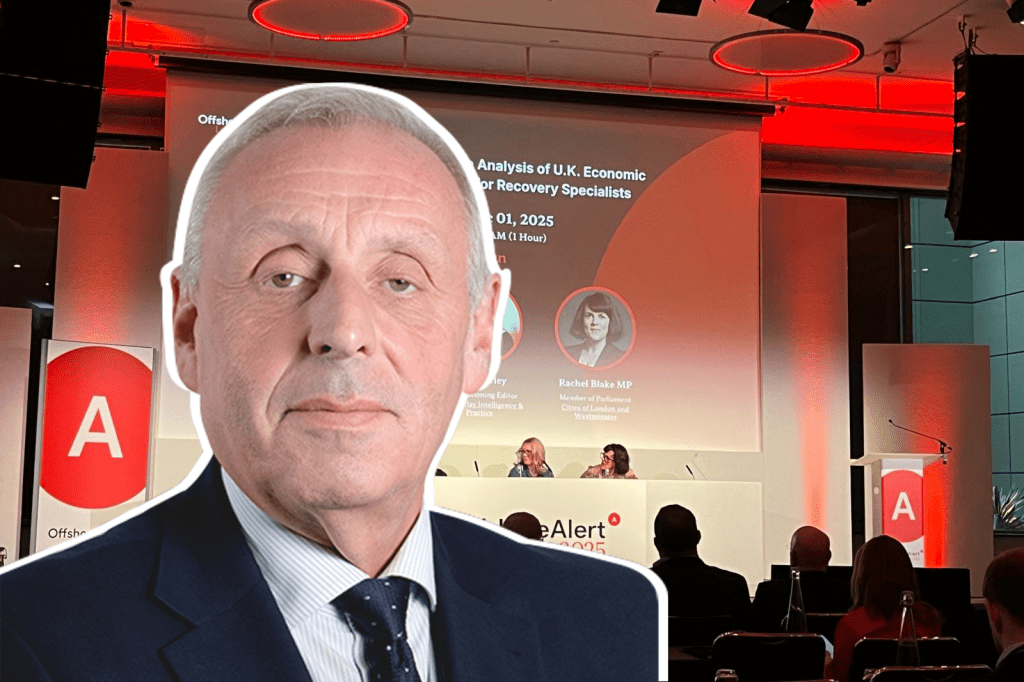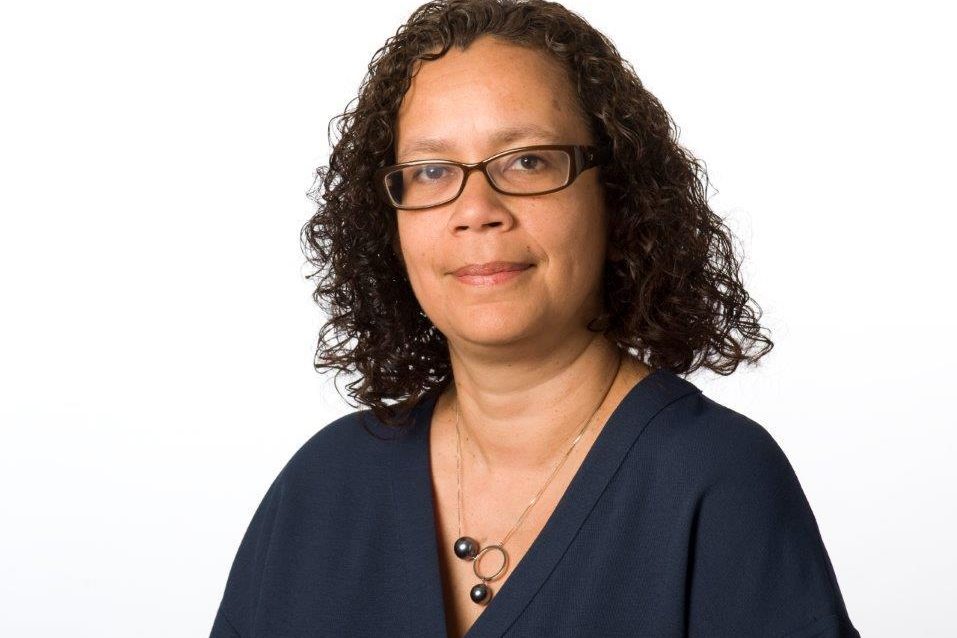Therese Chambers, the FCA’s joint executive director of Enforcement and Market Oversight, joined Emma Sutcliffe, head of the Disputes and Investigations Group and Tom Makin, associate at Simmons & Simmons, for a discussion on the FCA’s new approach to publicising enforcement investigations, as set out in CP24/2
Register for free to keep reading.
To continue reading this article and unlock full access to GRIP, register now. You’ll enjoy free access to all content until our subscription service launches in early 2026.
- Unlimited access to industry insights
- Stay on top of key rules and regulatory changes with our Rules Navigator
- Ad-free experience with no distractions
- Regular podcasts from trusted external experts
- Fresh compliance and regulatory content every day



